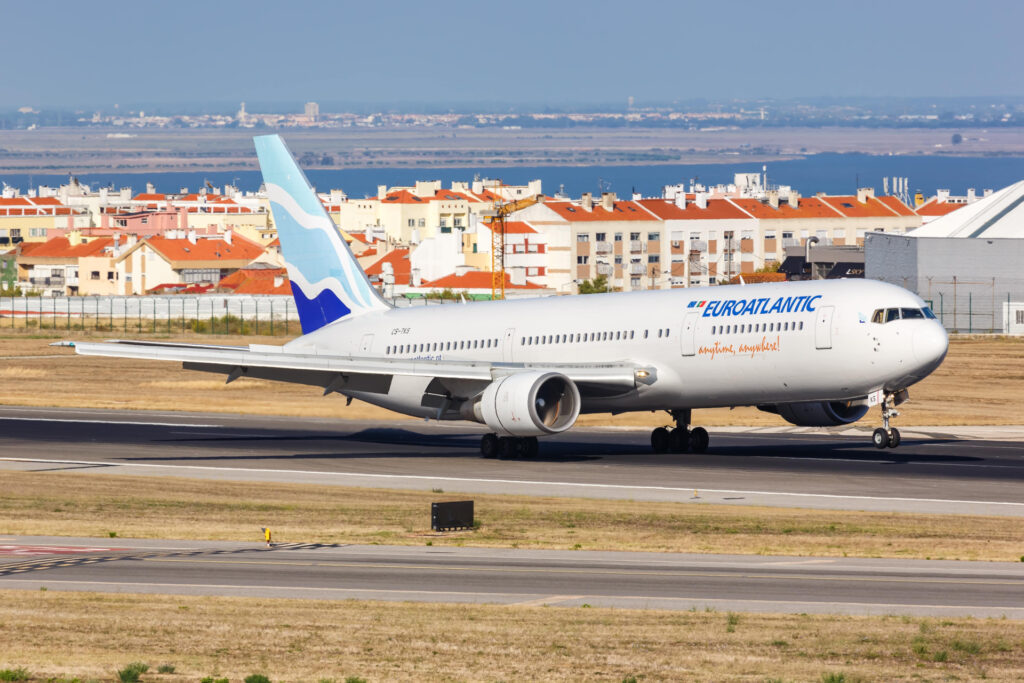Lisbon is to get a new, greenfield airport to replace the existing Humberto Delgado International Airport (LIS).
On May 15, 2024, the Portuguese government officially approved the recommendations of a technical commission to build a new airport on the south bank of the river Tejo estuary.
The airport, to be named after 16th Century Portuguese poet Luís de Camões, will cost at least €6.1 billion to build. However, it is widely anticipated that the final bill will end up being closer to the €8-9 billion range, as current estimates are based on cost projections calculated over a decade ago.
Likewise, while the Commission’s work envisaged 2030 as a possible completion date, the Portuguese government has now revised this upwards, to 2034 or beyond.
The location designated for the new airport, the Alcochete firing range, is located some 40km from central Lisbon. It had already been in consideration as a potential airport site for over five decades.
An alternative location, in Vendas Novas, about 70 km east of Lisbon, was also considered, but it was finally discarded in favor of Alcochete, given the latter’s more ready availability of publicly owned land, better land transportation connections and proximity to Lisbon’s city center.
Next, the Portuguese government will initiate the necessary public tendering processes and consultations with stakeholders, including ANA – Aeroportos de Portugal, a subsidiary of France’s Vinci Group, which manages the country’s main airports, including Lisbon and Porto (OPO). It is anticipated that this phase of the project could take more than three to four years, after which construction work will be able to start.
Initially, the new airport will have two runways, although potentially these could be expanded to four at a later stage. They will be able to handle 90 to 95 movements per hour. Theoretically, by 2050 this new facility should also be capable of handling up to 100 million passengers. This is three times more than the current traffic at Humberto Delgado airport, which handled 33.6 million passengers during 2023.
During the last decade, Lisbon has almost doubled its passenger traffic (having registered 18 million passengers in 2014), with double digit growth almost every year over this time (not including the COVID period).
In the meantime, the current Humberto Delgado International Airport will continue to receive some investment to expand its operational capacity from 38 to 45 movements per hour. Executive jet and other non-commercial flights will be transferred to Cascais airport, some 20 km west of the city.
The current airport will be kept in operation for some time after the inauguration of its successor, only closing once the latter ramps up capacity.

